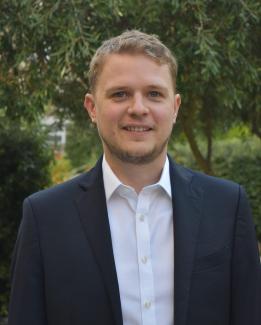Spillovers from Special Economic Zones: Micro evidence from Myanmar
- Special Economic Zones (SEZs) are becoming an increasingly popular policy tool to spur job creation and economic development in Myanmar. However, there is little knowledge on how to best leverage their unique advantages.
- This IGC project evaluated the performance of the only operational SEZ in Myanmar, the Thilawa SEZ. With the Thilawa SEZ management team, it also identified ways the zone and others planned for the future can maximise their economic impact.
- The researchers found that one of the main benefits of SEZs is that they facilitate knowledge transfers, or ‘spillovers’, between foreign companies in the SEZ and local companies.
- Based on this, researchers recommended policy interventions that would help amplify the success of Thilawa like improving infrastructure and amenities around the SEZ and creating job matching platforms for local managers.
Special Economic Zones (SEZs) have played a key role in the economic development of many countries, with China being a particularly prominent example. In Myanmar, there is currently only one operational SEZ, the Thilawa SEZ, but more are expected as the government seeks to spur job creation and economic development.
As of February 2018, firms in the Thilawa SEZ had created around 5,000 jobs inside the zone. Despite this, there is considerable lack of systematic data-driven analysis on the performance of the Thilawa SEZ. This means there is little knowledge on how exactly other planned SEZs in Myanmar could create jobs and drive economic development.
In this project, IGC researchers, in collaboration with the management team of the Thilawa SEZ, aimed to understand, monitor, and encourage linkages between SEZ investors and local companies outside the SEZ, and to generate data-driven advice for policymakers to maximise the impact of the zone.
Researchers found that the most important benefit for workers in the zone is the knowledge and skills they acquire on the job with foreign firms. Foreign firms operating in SEZs typically use more advanced technology and therefore need to provide skill upgrading to the local managers and workers they employ. The transfer of this knowledge from the SEZ to local companies outside of the zone is a promising way the SEZ could benefit the rest of the economy in Myanmar.
As mid-level and senior managers are likely to be sources of these knowledge transfers, researchers recommended that the Thilawa SEZ management team play a more active role in supporting investors to foster local talent to fill these skilled roles. Currently, potential workers from the local area may choose not to work in the SEZ for a number of reasons, like the long commuting times and the lack of local amenities around the zone. Researchers also suggested the development of a job-matching platform to identify managers with the skills required by foreign firms.
Overall, the lessons learnt from the more intensive monitoring of the performance of Thilawa will no doubt prove valuable in designing future SEZs around Myanmar.




